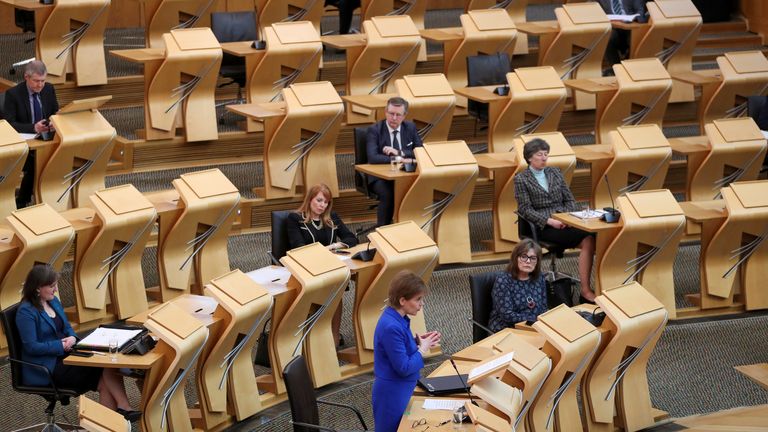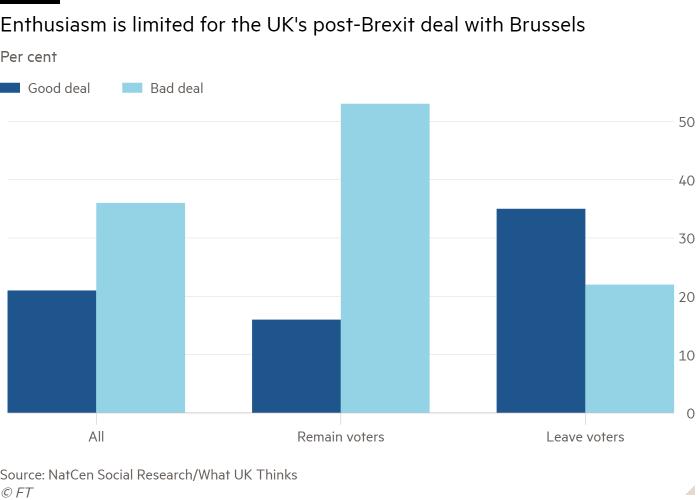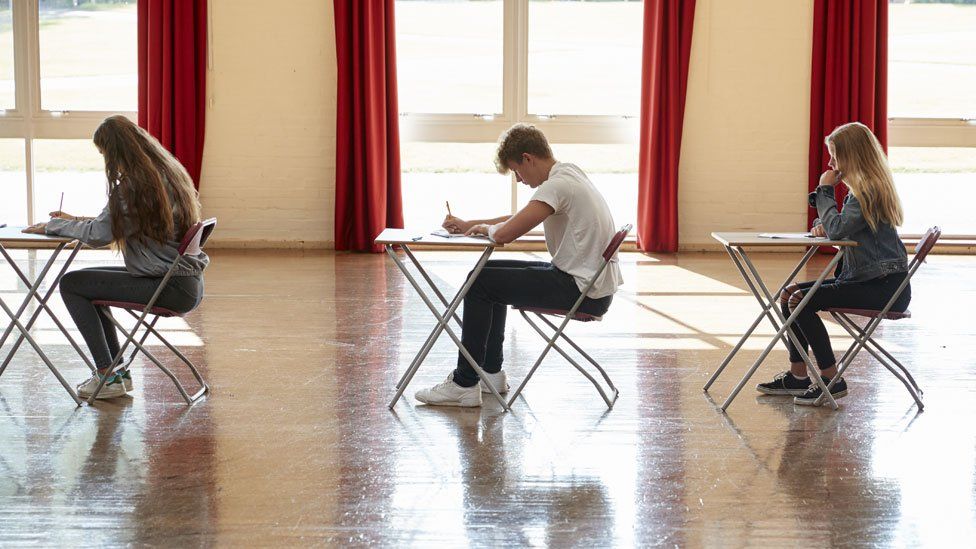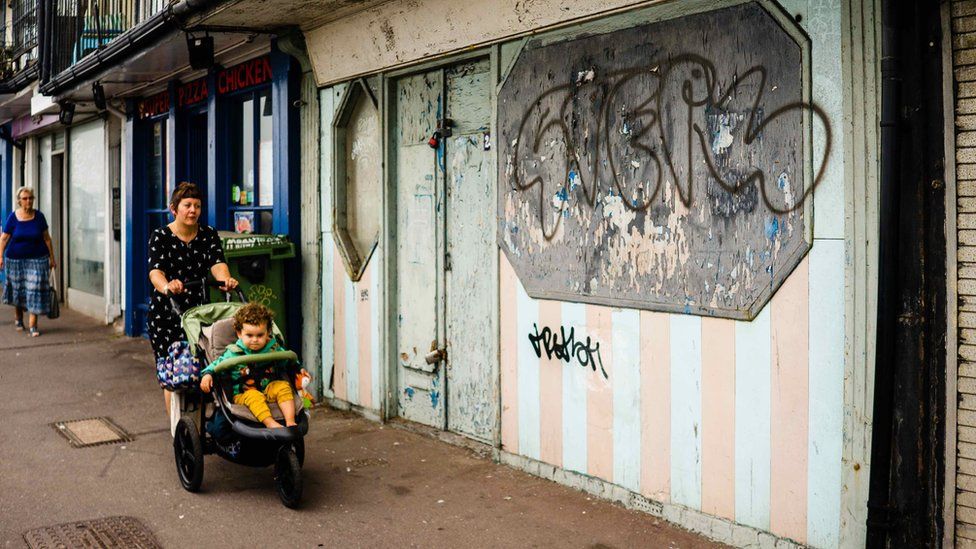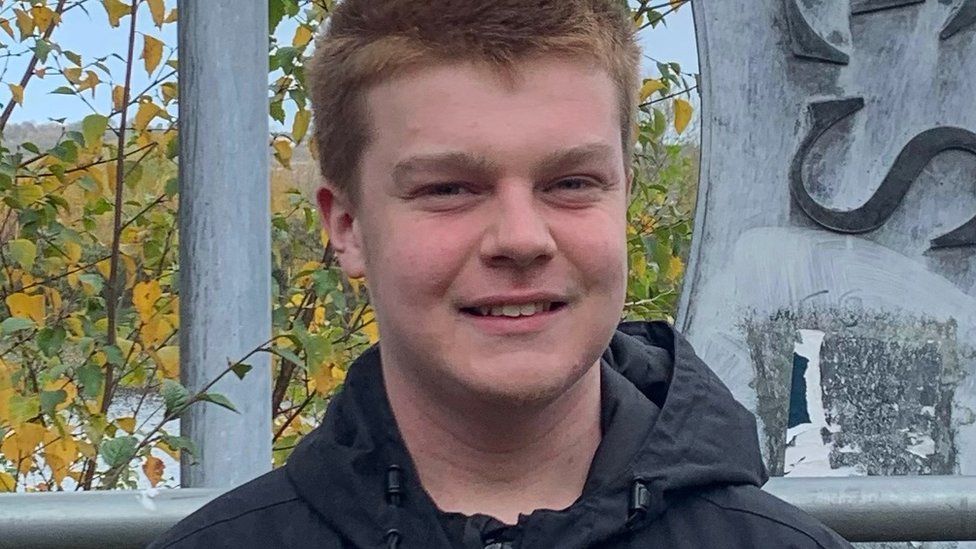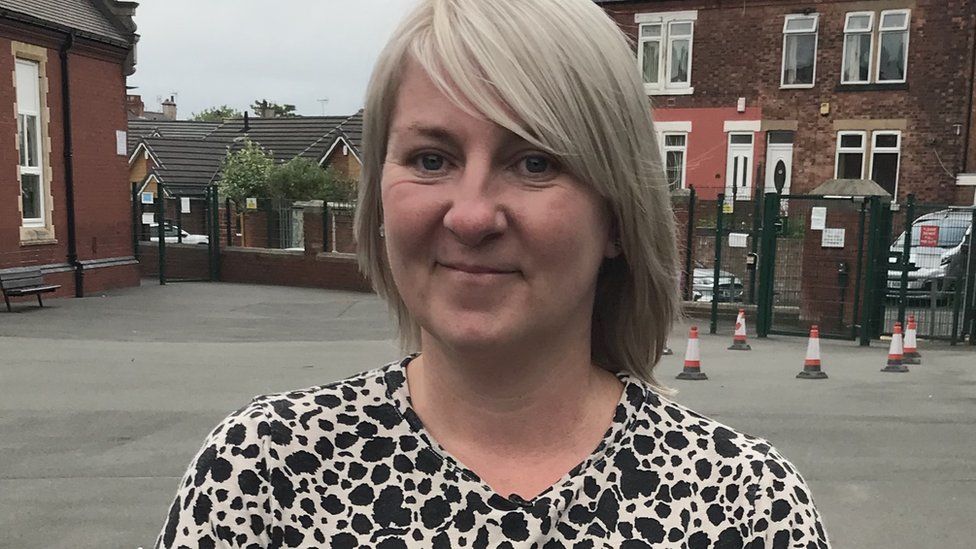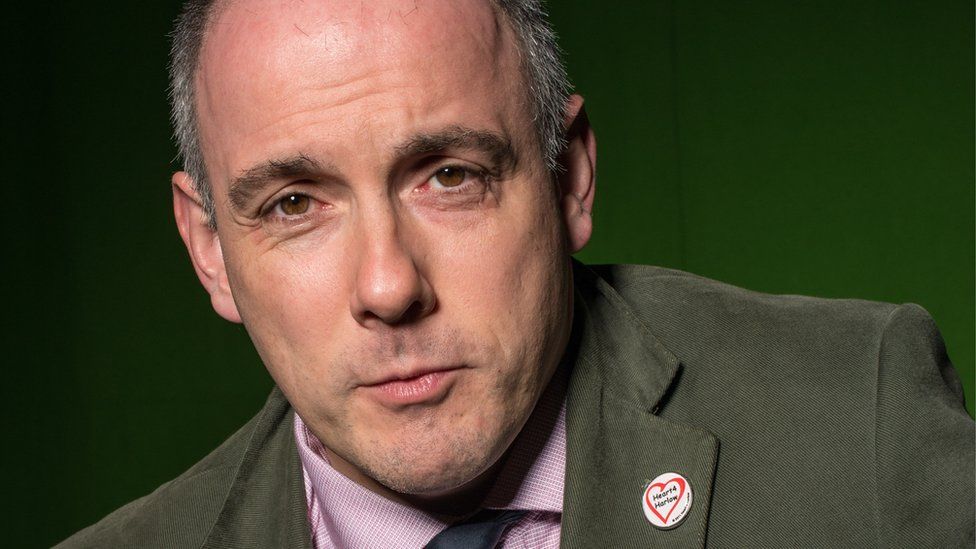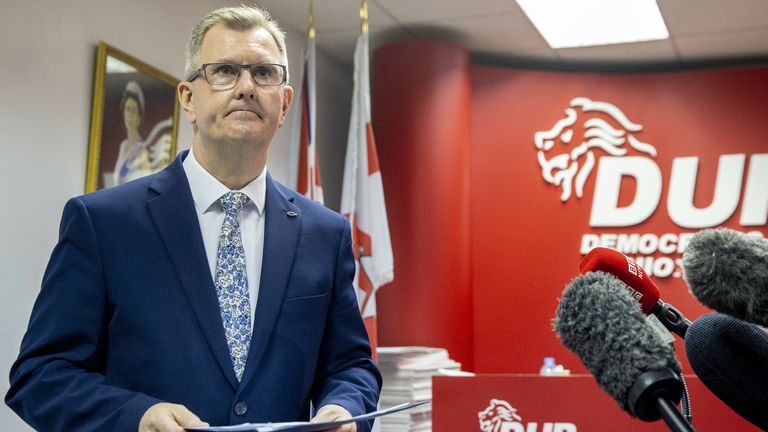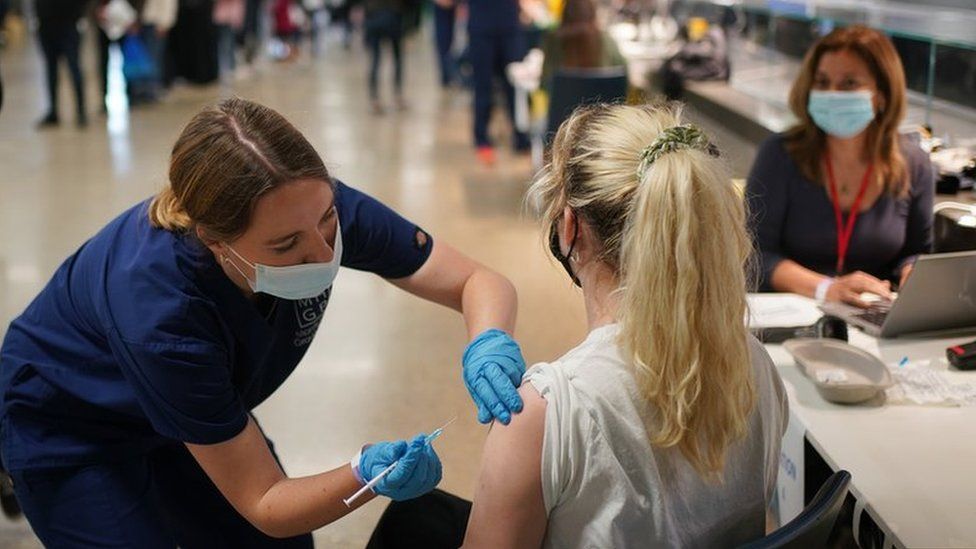Nicola Sturgeon has been accused of "discourtesy bordering on contempt" after announcing a Manchester travel ban without consulting Members of Scottish Parliament first.
Both the Scottish Parliament's presiding officer and members of the Scottish Conservatives criticised Ms Sturgeon over the matter, with the first minister being reminded that announcements should first be made in Holyrood.
It is understood that Deputy First Minister John Swinney signed off the legislation last Thursday ahead of First Minister's Questions, where MSPs would have had the chance to quiz Ms Sturgeon on the policy, but that details of the change were not announced until the following day at a press conference.
It comes as Mayor of Greater Manchester Andy Burnham accused the Scottish Government of "straightforward arrogance" over the travel ban which.
Enforced from Monday, it stops anyone from Bolton, Manchester, Salford or Lancashire travelling to Scotland and vice versa.
On Sunday, Mr Burnham accused Scottish officials of being discourteous by not contacting him to discuss the measure being imposed against his region, adding that Ms Sturgeon is treating the north of England with "contempt".
Writing to the first minister, he said his northern constituents deserve "respect".
But responding to the mayor, Ms Sturgeon accused Mr Burnham of "generating a spat" and noted her "duty to keep Scotland as safe as possible" during the pandemic.
"If he wants a grown-up conversation, he only has to pick up the phone," she told Sky News on Monday.
Mr Burnham said accusations of political posturing were unfounded and that he too is only acting in the interests of his residents as part of a devolved administration.
But there were signs of peace on Tuesday when during a press conference the mayor said he would be in discussions with the first minister on Wednesday over the ban.
"We just want to seek resolution and a better way of doing things going forward. The political route is the route to pursue," he said.
Announcing the new policy last Friday, Ms Sturgeon said the decision was made based on areas of England emerging as coronavirus hotspots.
"Anyone travelling elsewhere in the Greater Manchester or Lancashire area, I'd ask to think carefully about whether your journey is really necessary, because we do see cases rising across that region," the first minister said.
But fellow Scottish politicians including Lib Dem MSP Alex Cole-Hamilton have pointed out that there are some communities in Scotland "with transmission rates equal to that of Manchester".
But the political fallout from the travel ban continued on Tuesday as points of order were raised in Holyrood on the matter.
Scottish Tory Stephen Kerr said policy changes must be announced to the Scottish Parliament first.
"The first minister said nothing to parliament about these new restrictions, the deputy first minister whose name was on the amendment sat a few feet away from the first minister - and the next day, at approximately 12:15, the first minister appeared on television at a staged event to announce the travel ban," he said.
"Would you, presiding officer, take this opportunity to underline again, to make clear to parliament and all members of this parliament - especially members of the government - that these acts of discourtesy bordering of contempt by the first minister must stop."
Fellow Scottish Conservative Graham Simpson said the travel ban rules are "unworkable and unenforceable" and requested compensation for individuals and businesses who have been financially impacted by the policy.
"How does (Mr Swinney) answer the very fair point that infection rates in part of Greater Manchester like Bolton are lower than Dundee?", he said.
Deputy leader of Scottish Labour Jackie Baillie also echoed the calls for compensation for those with trips to Manchester and Salford arranged.
Mr Swinney replied: "In relation to Manchester and Salford, Manchester was sitting at 348, Salford at 337 - in excess of any case rates within Scotland and well above the Scottish average.
"So we took those decisions based on trying to minimise the contact that we know enables the spread of the virus. That is what the whole restrictions have been about and that was the basis of our decision - to protect people in Scotland from the spread of the virus."
On compensation, Mr Swinney said: "The government does not believe that would be appropriate.
"Travel to the north west of England has previously been prohibited last year, before local levels regulations were introduced and no compensation was offered.
"We are all responsible for putting in place, in our respective parts of the United Kingdom, the financial support to arrangements for business and that's exactly what the government will continue to do here in Scotland."
Earlier, at the opening of the day's business, Presiding Officer Alison Johnstone made a short statement on the matter.
"Concerns have been raised regarding the use of a Government Initiated Question (GIQ) to announce the addition of Manchester and Salford to the list of areas where common travel restrictions apply," she said.
"I understand this mechanism has been used on earlier occasions to make such announcements.
"Notably, in this case the announcement was made by GIQ on Thursday, 17 June, a sitting day when there may have been an opportunity for members to scrutinise the decision in the Chamber.
"I would therefore ask the minister for parliamentary business to reflect on whether GIQs are an appropriate method to use for these announcements on days when parliament is sitting.
Later speaking in Holyrood on Tuesday, Ms Sturgeon announced plans for the easing of restrictions in Scotland on 28 June have been pushed back by three weeks to 19 July.
https://news.google.com/__i/rss/rd/articles/CBMikwFodHRwczovL25ld3Muc2t5LmNvbS9zdG9yeS9jb3ZpZC0xOS1uaWNvbGEtc3R1cmdlb24tYWNjdXNlZC1vZi1jb250ZW1wdC1vZi1wYXJsaWFtZW50LWFzLXJvdy1vdmVyLXNjb3RsYW5kLW1hbmNoZXN0ZXItdHJhdmVsLWJhbi1jb250aW51ZXMtMTIzMzkyNzfSAZcBaHR0cHM6Ly9uZXdzLnNreS5jb20vc3RvcnkvYW1wL2NvdmlkLTE5LW5pY29sYS1zdHVyZ2Vvbi1hY2N1c2VkLW9mLWNvbnRlbXB0LW9mLXBhcmxpYW1lbnQtYXMtcm93LW92ZXItc2NvdGxhbmQtbWFuY2hlc3Rlci10cmF2ZWwtYmFuLWNvbnRpbnVlcy0xMjMzOTI3Nw?oc=5
2021-06-22 16:20:37Z
52781681701468



